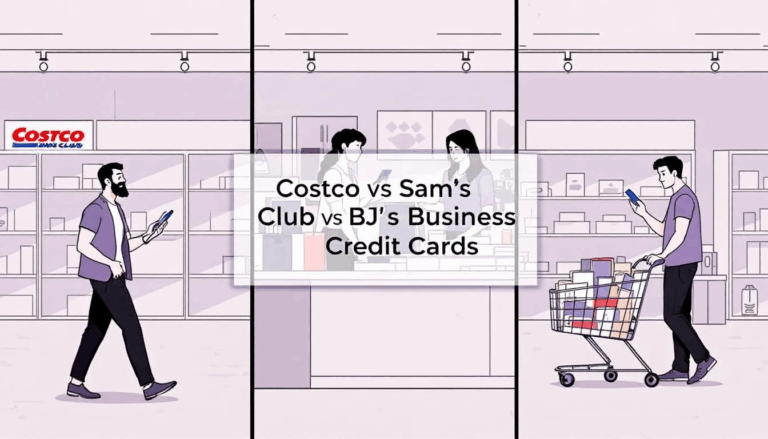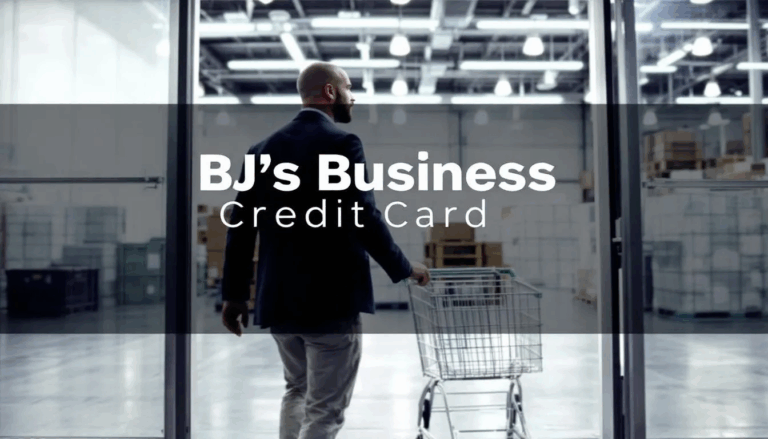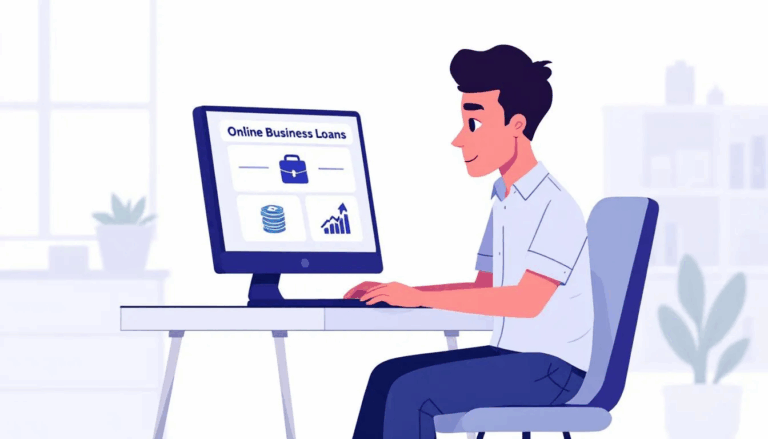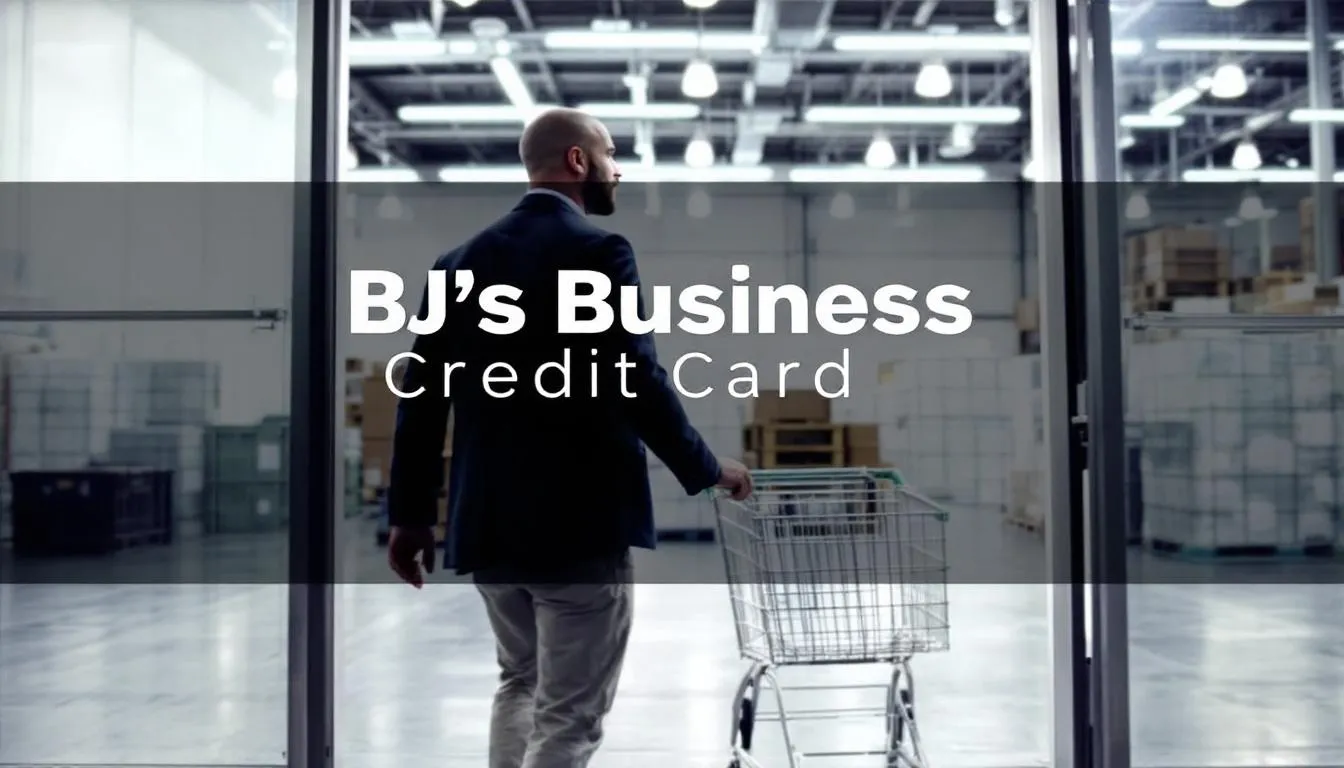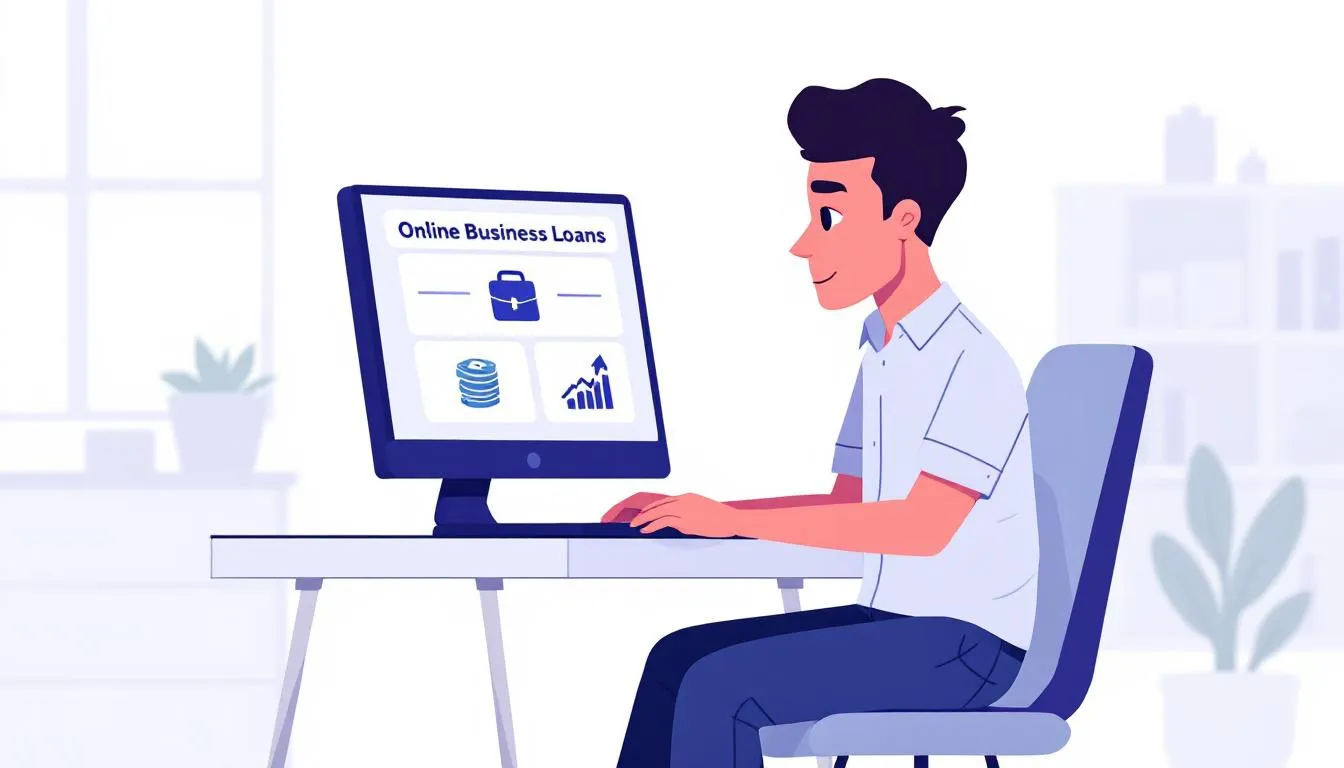What are startup business loans?
Launching a new business often requires substantial capital. Aspiring entrepreneurs and new business owners usually don’t have the total capital needed at their disposal.
One option for funding a startup is to take out a business loan. While most small business loans are intended for established companies, some lenders provide loans for new startups.
What are SBA business loans?
SBA loan programs are the most coveted small business financing option. The US Small Business Administration (SBA) administers and oversees the SBA loan program.
The SBA does not service the loans or provide funding. Instead, borrowers apply to SBA-approved lenders. An SBA lender is typically a commercial bank, credit union, or an alternative business financing facilitator, such as United Capital Source (UCS). The only notable exception is that the SBA does provide funding for disaster loans.
Lenders must apply to the SBA for approval to offer the loans. The SBA sets lending guidelines and limits the interest and fees lenders can charge.
One of the most significant contributions of the SBA is that it partially guarantees loans, ranging from 50% to 85%. In a way, the federal government agency almost acts like a cosigner on your loan.
Lenders take on less risk since the SBA partially guarantees the loans. Less risk means lenders can offer higher borrowing amounts at lower interest rates and longer repayment terms than are available with other business loans. This makes SBA-guaranteed loans more attractive for small business owners.
SBA loans can be tailored to meet specific needs, such as equipment purchases, inventory, working capital, or real estate. SBA loans are available with down payments as low as 10% of project costs. SBA loans don’t have prepayment penalties unless they’re used to purchase commercial real estate.
What are the best SBA loans for startups?
Many SBA lenders only accept applications from established businesses. However, certain lenders cater to newer companies and typically offer SBA loans specifically designed for startups. SBA-approved lenders set their own processes for credit standards.
Here are the top SBA loans to consider for a startup business.
SBA Microloan
The SBA Microloan is the only financing package in the program designed explicitly for startups. While it’s possible to get a different SBA loan as a startup, your best chance of approval is with the Microloan. The average microloan is about $13,000.
SBA Microloan details:
-
Maximum borrowing amount: $50,000.
-
Terms: Up to 6 years.
-
Interest: 8%-14%.
New business owners can use the funds for working capital needs, including the purchase of equipment, inventory, furniture, and fixtures. You cannot use the funds to purchase commercial real estate or refinance business debt.
SBA Microloans require working with specially designated intermediary lenders. The SBA partners with these lenders to ensure funding is available. Intermediary lenders are nonprofit community-based organizations with experience in lending and management assistance.
Each lender sets its own qualifications in terms of credit scores and other factors. SBA-approved lenders make all credit decisions and set all terms for microloans. However, the qualifications are typically lower than those of other SBA loans since they are intended for startups and new businesses.
Community Advantage Loans
The Community Advantage loan aims to promote business and economic development in underserved communities.
Community Advantage loan details are as follows:
-
Maximum borrowing amount: $350,000.
-
Terms: 25 years for commercial real estate; 10 years for all other purposes.
-
Interest rates: Wall Street Journal (WSJ) Prime + Lender’s spread (cannot exceed 6.5%).
The use of funds is broader than the Microloan, as you can use the money for commercial real estate or refinancing business debt. The loan program is a subset of the SBA 7(a) loan, which we will cover in more detail shortly.
Potential borrowers must apply to a Community Advantage lender, or “CA lender.” These specialized lenders are community partners with the SBA. Some CA lenders only work with established businesses, but many offer loans to startups and younger companies.
The loan program also helps women, minorities, and veteran business owners secure small business financing. To qualify, your business must be in an underserved community.
SBA 7(a) loans
The SBA 7(a) loan is the most common financing package in the SBA loan program. The primary loan details are:
-
Maximum borrowing amount: $5 million.
-
Terms: 25 years for commercial real estate; 10 years for all other purposes.
-
Interest rate: Pegged to the Prime rate.
Subsets of the 7(a) loan include Express loans, Export loans, and CAPLines of credit. It’s the most versatile loan in the program, and borrowers can use the loan proceeds for almost any business purpose.
However, most lenders that offer SBA 7(a) loans typically work with companies that have been in business for a minimum of two years. In addition, you’ll generally need a good to excellent credit score (650-700+) and high annual revenue.
Some lenders accept SBA 7(a) loan applications from startups or newer businesses, but it is most likely for the 7(a) small loan or Express loan.
The SBA 7(a) small loan has a maximum borrowing amount of $350,000, while the SBA Express loan caps out at $500,000.
SBA 504/CDC loans
The SBA 504/CDC loan program is designed to help small business owners secure long-term financing for major fixed assets that promote job growth. 504 loans require working with a Certified Development Company (CDC). CDCs are the SBA’s community partners that regulate nonprofits and encourage economic development within the community.
SBA 504 loan details are as follows:
-
Maximum loan amount: $5 million, or $5.5 million, for certain energy projects.
-
Terms: Typically 10-20 years.
-
Interest rate: Varies but usually does not exceed 3% of the loan amount.
504 loan funds can only be used for commercial real estate, property, or land improvements, equipment, machinery, or other major assets. You cannot use the money as working capital.
Another caveat of the SBA 504 loan is that the project being funded must create jobs, promote the local economy, or achieve a public policy goal. This is why you’re required to work with a CDC on your loan application.
Businesses must have a tangible net worth of under $15 million and cannot earn more than $5 million after taxes to qualify. Like the SBA 7(a) loan, 504 loans are primarily intended for established businesses. You may have difficulty finding a lender or CDC that will work with a startup business on a loan.
How can I obtain an SBA business loan for my startup?
SBA loan applications are tedious and time-consuming. You’ll need extensive documentation to qualify for SBA-backed loans.
As a startup or new business, you won’t have the business financial statements that more established companies can provide. As such, you may need to conduct additional research and compile more information to support your application.
Follow these steps to prepare for an SBA startup business loan application.
Step 1: Find your startup costs
Before applying, calculate your startup costs to determine how much to request. SBA loan applications also require a detailed explanation of how you’ll use the funds.
Figure out your one-time startup costs for things like business licenses, materials, and a security deposit or down payment on the business property. You’ll also want to calculate your overhead costs and ongoing business expenses for the first year. You want to ensure you have enough runway to get the business up and running, generating revenue.
Step 2: Determine your eligibility
All businesses applying for an SBA loan must meet basic eligibility requirements, regardless of their time in business. To be eligible, your intended business must meet the following criteria:
-
Be a for-profit business operating and physically located in the US.
-
It must be a small business, as defined by the SBA.
-
The business owner must have invested time and money (equity) into the company.
-
Must demonstrate good character and ability to repay the loan.
-
Cannot have defaulted on any previous government-backed loans.
-
Must not be eligible for credit elsewhere (SBA loans are “last resort” financing).
Step 3: Write your business plan
The importance of this step as a startup business cannot be overstated. As a startup, this is your best chance to show the viability of your business and why you’ll have the cash flow to support loan repayments.
Business plans vary by industry, but most comprehensive plans include an executive summary, company description, market analysis, legal and management structure, and a description of the goods or services to be provided. You should include projected financial and cash flow statements, details on how you will generate revenue, and your projected timeline.
An effective business plan should demonstrate that you have identified your target market, pricing structure, potential challenges, and competition. You want to showcase a realistic path to business and financial success.
Step 4: Choose an SBA loan
Now that you have a solid understanding of your intended business, financial projections, and funding needs, you can narrow down your SBA loan selection. As discussed, startups are most likely to qualify for the SBA Microloan or Community Advantage loan if they meet the criteria.
If you need more funding than is available through the Microloan program, obtaining a different SBA loan may be an option. However, there is no guarantee that you will find a startup-friendly lender for a larger loan product.
Step 5: Gather your documents
SBA loans require exhaustive documentation, and the application process will go much smoother if you prepare it ahead of time.
Here are some key documents you will most likely need for your application:
-
Personal and business (if applicable) tax returns for the previous two years.
-
Personal financial statements.
-
Bank account statements.
-
Personal statement of character.
-
Business plan and any relevant financial projections.
-
Resumes for each principal of the business.
-
Your business licenses and certifications.
Step 6: Find a lender
Many financial institutions only work with established businesses on SBA loans. For example, you would need to have been in business for at least two years to apply for an SBA loan through our lender network here at UCS.
However, that does not mean you won’t find a lender; it just means you’ll have to narrow your options. You can use the SBA match tool to help find SBA lenders that meet your business needs.
You may be able to find a commercial bank or credit union that accepts SBA loans for startups. However, numerous alternative online lenders offer more flexibility in the types of businesses they can fund.
Step 7: Apply for your loan
Chances are that if you find a startup-friendly lender, their team can help you compile and submit your application. This step of the process requires patience, as it can take weeks to get a determination on your loan.
If approved, it could take additional time to receive your funds. Most SBA loans take anywhere from 60 to 120 days from the initial application to closing and loan funding.
What are the advantages of SBA startup loans?
SBA loans are generally the most affordable small business financing options available on the market. This is primarily due to the SBA guarantee and the agency’s restrictions on fees and interest rates.
The SBA microloan is designed for startups and young businesses. Also, while the Community Advantage pilot program is still active, you could use it as a startup loan.
Depending on the loan type, you can use SBA loan funds for almost any business purpose. SBA loans also have longer repayment terms, so your monthly payment will be lower. This eases the burden on your cash flow.
SBA lenders report on-time payments to the major credit bureaus, so you can also use the loans to build your credit history. Startups that receive an SBA loan and pay it off on time and in full stand a higher chance of receiving more significant loan amounts to grow and expand in the future.
What are the disadvantages of SBA startup loans?
The most significant drawback to using an SBA loan for a business startup is the limited options available. You’ll likely have a difficult time finding lenders who will accept the application.
The Microloan is your best option for an SBA startup loan, but it has a maximum borrowing amount of $50,000. Microloans also tend to have slightly higher interest rates than other SBA loans.
The application process for all SBA loans is complex and requires extensive documentation. The funding time can also take weeks or months.
Pros & Cons
Here is a quick summary of the SBA startup loan benefits and drawbacks.
Pros:
-
The SBA partially guarantees the loan.
-
It’s usually the lowest-cost small business financing option.
-
Extended repayment terms bring down your monthly payment.
-
The SBA Microloan is designed specifically for startup businesses.
-
The Community Advantage loan pilot program remains active, supporting startups.
Cons:
-
Limited SBA loan and lender options for startup businesses.
-
The SBA Microloan cap is $50,000.
-
Lengthy application process with challenging documentation requirements.
-
It could take between 60 and 120 days to close and fund the loan.
Frequently Asked Questions
Here are the most common questions about using SBA loans for a startup business.
How can the SBA help me with my startup business?
The Small Business Administration offers numerous resources and assistance beyond its loan program. The agency provides comprehensive business guides to help you plan and launch your business.
Additionally, the SBA offers federal contracting services and local assistance resources. You can also find funding strategies beyond the loan program.
Do SBA loans require a down payment?
SBA 7(a) and 504 loans require a down payment of between 10% and 30%, depending on various factors. However, you do not need a down payment for the SBA Microloan, CAPLines of credit, or disaster loans.
SBA financing can provide multiple-purpose loans, such as providing funding for working capital and paying off existing debt. SBA Uses for SBA loans include:
-
Commercial real estate acquisition or leasehold improvements
-
Working capital for everyday expenses
-
Expansion into new markets or adding new locations
-
Refinancing current business debt
-
Purchasing equipment or other major fixed assets.
Do SBA loans require collateral?
Most SBA lenders will require collateral for loans over $25,000. SBA guidelines state that loans over $350,000 should be “collateralized to the maximum extent possible.”
Collateral requirements also apply to Microloans. However, the SBA stipulates that a lack of collateral cannot be the sole reason for denying a loan. That being said, the more collateral you can provide, the more likely you will get approved, since the lender takes less risk
Regardless, each business owner with a stake of 20% or greater is required to sign a personal guarantee on SBA loans. If you default on your loan, the lender or SBA can go after your personal assets to recoup their losses.
Is it hard to get an SBA loan for a startup business?
Obtaining an SBA loan for a startup or a newer business can be pretty challenging. Most lenders view startups as high-risk ventures. Getting an SBA startup loan might also come with a lower SBA guaranty percentage.
The primary requirement is to demonstrate that you possess the necessary experience, financial resources, and a viable business plan to ensure repayment. The most effective way to demonstrate your financial responsibility and the viability of your business is through documentation. Your financial statements and business plan must convey that your business venture is less risky than most lenders assume it is for startups.
What disqualifies you from an SBA loan?
Businesses located or primarily doing business outside the US are not eligible for SBA loans. You could be disqualified if you don’t meet the SBA size standards to qualify as a small business.
SBA loans are available to businesses in certain industries. Restricted industries include:
-
Real estate investment firms.
-
Companies engaged in speculation.
-
Gambling businesses such as casinos.
-
Rare coin and stamp dealers.
-
Multilevel marketing (pyramid scheme) businesses.
-
Religious businesses, charities, and other nonprofits.
-
Government agencies.
-
Lending institutions.
The SBA and SBA lenders also prefer working with business owners who demonstrate good character. Business owners:
-
Cannot be incarcerated, on parole, or on probation.
-
Cannot be currently under indictment or other forms of criminal charges.
-
Cannot have previously defaulted on federal loans, such as student loans.
Why don’t banks give startup business loans?
Commercial banks are hesitant about taking on risky loans and prefer more calculated risks. Most have stringent underwriting and high eligibility requirements.
Most business owners need an established business history, high annual revenue, and excellent credit scores to qualify for a business bank loan. Startups usually can’t meet those high requirements.
Some banks might still approve a startup business loan, but you’ll need a solid business plan and significant collateral. If you can invest a considerable amount of your own money as startup capital, banks might be more willing to loan the remaining amount needed as you demonstrate you also have “skin in the game.”
What are my alternatives to SBA startup loans?
There are many paths to startup capital outside the SBA loan program. Some small business lenders offer non-SBA startup loans, although these typically come with higher interest rates and shorter repayment terms.
Outside of business loans, you can try one of the following strategies.
Bring in Investors
One option to raise startup capital for your business is to sell equity in your company to investors. If you have a robust business model and a well-defined plan, you may be able to attract individuals who believe in your company’s future.
Getting investors won’t work for every business model, and you might be hesitant about selling shares in your company. But there are situations where it would be advisable to get some investment capital.
In some cases, your investors might be able to add business expertise to your ownership group. Consider ways you can pitch your business to potential backers.
Personal Savings & Retirement Accounts
Many small businesses are initially funded with the owner’s personal capital. Even when you use a business loan, it often supplements your own investment to launch the company.
It may also be possible to use retirement savings. You could consider a Rollover as Business Startup, or ROBS, which is when you move money from a retirement account like a 401(k) into your business tax-free.
Using your retirement or personal savings as startup capital carries some risk as you’re potentially mortgaging your future to launch a company. However, it could be worth it if you have a solid business plan.
It’s virtually impossible to launch a company without taking some risks. As the saying goes, “nothing ventured, nothing gained.”
Crowdfunding
With modern technology tools, you could also attempt to use crowdfunding to gain the money needed to launch your business. Crowdfunding is a process where you solicit small investments from many people to fund a project or venture.
The most common way to crowdfund is through the internet, with several web-based crowdfunding platforms available. Many of those platforms cater to small business investments.
Some examples of companies that launched through crowdfunding include Oculus VR, Popsocket, and Peloton.
Business Credit Cards
Getting approved for a business credit card might be easier than a loan. The reason is that credit card companies don’t weigh time in business as heavily as lenders.
Most credit card companies will look at your personal credit score and ability to repay through both business and personal income. Additionally, many business credit cards offer bonuses and incentives that can benefit a young company.
According to the Federal Reserve’s Small Business Credit Survey, 53% of businesses reported using business credit cards to fund their operations. Opening a credit card exclusively for your company is also a good way to keep your personal and business finances separate.
Personal loans
Taking out a personal loan to start a business is a somewhat unconventional and risky move, but it has certainly been done before. Sometimes getting a personal loan is easier since you don’t need an established business history.
You can apply for a personal loan through a bank, credit union, or online lender. Another option is taking a personal loan from friends or family.
Getting an investment or loan from family is one of the more common ways to launch a business. We advise you to exercise caution when considering this option.
If you use money from friends or family to start your business, you might want to establish business credit as soon as possible after launch. Your company should ideally be able to stand on its own in terms of accessing funding.
Small Business Grants
Small business grants are very competitive, but you won’t have to repay the funds if you obtain one. You will most likely have to pay taxes on the money, though.
Multiple organizations offer small business grants. The federal government runs several grant programs, some of which you can access through the SBA.
You can also explore opportunities for business grants through your state and local governments. Some government agencies offer grants to businesses that promote job growth and increase the tax base in their respective areas.
Outside of government, some private foundations offer business grants. You might also be able to find other businesses that provide grants to support entrepreneurship.
Alternative Financing Methods
When you’re just starting and can’t get a loan, there are some options for financing. Some alternative financing methods include merchant cash advances, invoice factoring, and revenue-based financing.
While many financial institutions and factoring companies require some business history (at least 6 months), some are willing to work with startups. In some cases, you could use a combination of funding, such as a personal loan, to get your company started and then supplement the business with a merchant cash advance or small business factoring once you have six months of business history.
SBA Loans for Startups – Final Thoughts
Funding a business startup can be challenging, but it’s not impossible. Many entrepreneurs can secure financing through various methods.
However, the lowest-cost option for business owners is the SBA loan. It’s challenging to qualify for SBA loans, especially as a startup, but the SBA Microloan was designed for just that purpose.
It may be possible to obtain a different SBA loan if you require more than the $50,000 maximum of the Microloan. However, finding a lender would be far more challenging, and you would need a convincing loan application.
Regardless of the type of financing you pursue, having a solid business plan and understanding your target market and your market competition is essential. It would be beneficial to have realistic financial forecasting to demonstrate your ability to repay the loan.
Contact us if you have further questions about SBA loans and the available options.






